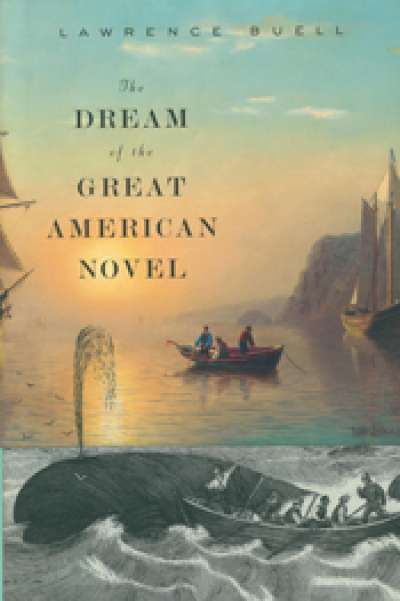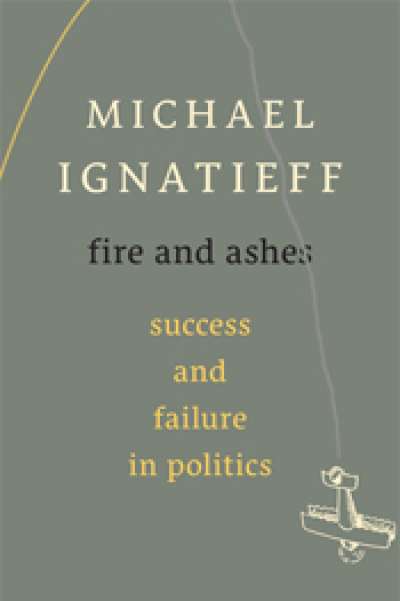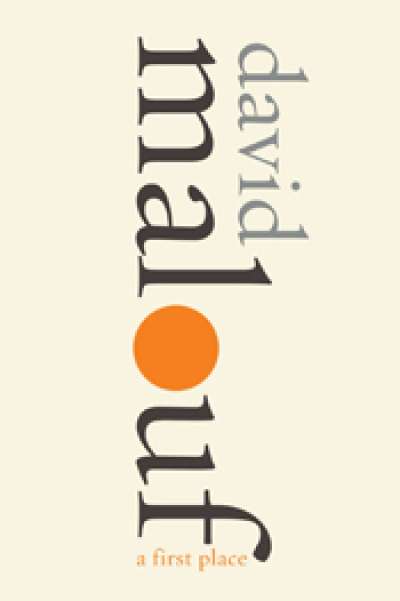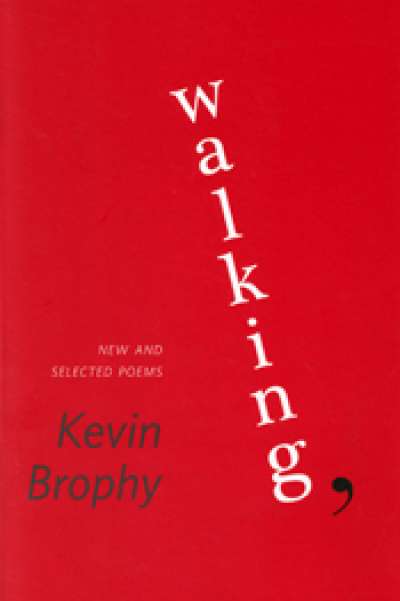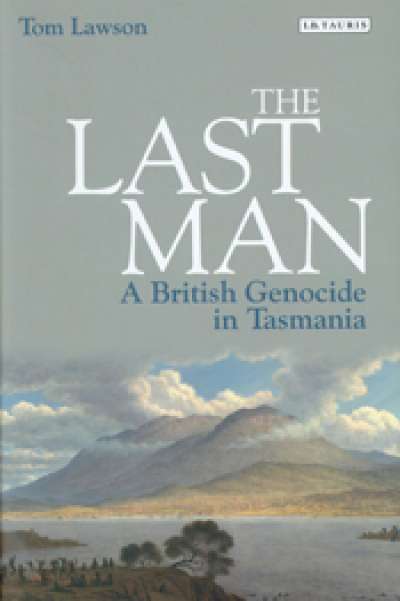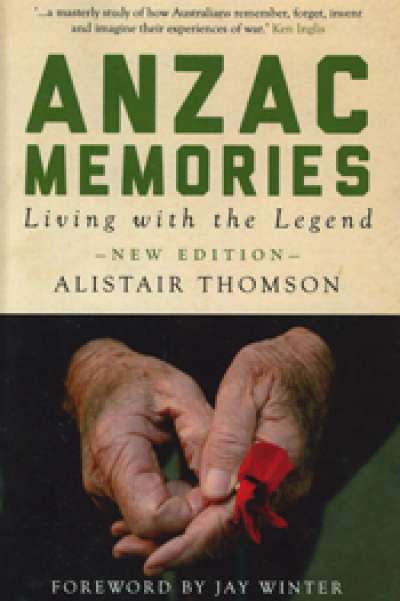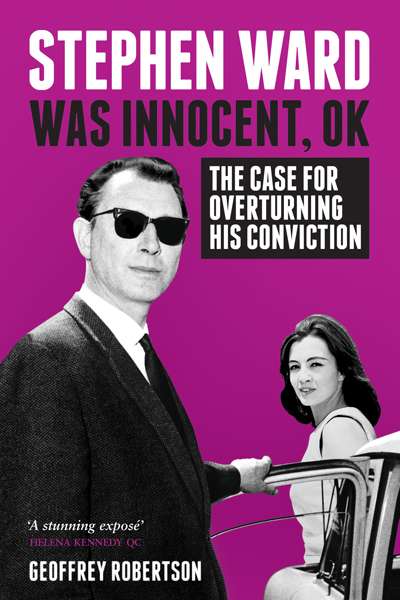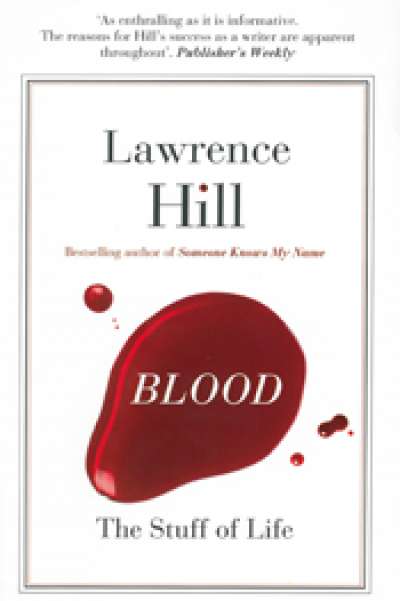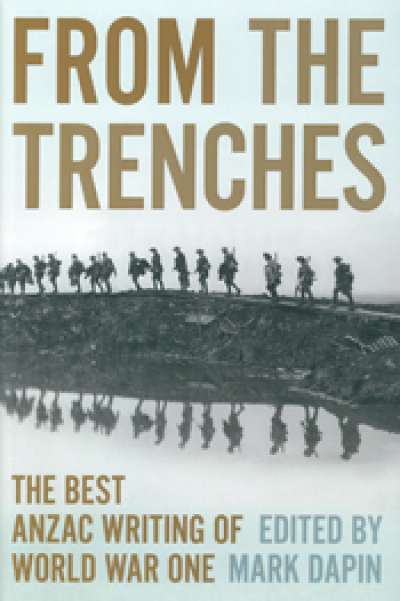Non Fiction
Well, it’s Moby-Dick, obviously. Except when it’s Huckleberry Finn or Absalom, Absalom! or Invisible Man or Gravity’s Rainbow. The Great Gatsby will often do, if one is pressed for time.
There is something a bit ridiculous about the idea that a single book could become the definitive expression of an entire nation. This is perhaps especially true in the case of the United States, a country so vast, diverse, and contradictory that any attempt at a grand summation would appear doomed to fail. Nevertheless, as Lawrence Buell argues in The Dream of the Great American Novel, the concept of the ‘GAN’ (the nickname bestowed by no less an eminence than Henry James) has proved remarkably resilient. As Buell notes in his introduction, the idea tends not to be taken all that seriously these days: no novelist would admit to trying to write such a thing, except perhaps in jest, and no serious critic would be reckless enough to bestow such a title. And yet, he observes, paraphrasing an unnamed ‘distinguished reviewer’, it is ‘hard to think of a major American novelist who hasn’t given it a shot’.
... (read more)Fire and Ashes: Success and failure in politics by Michael Ignatieff
Knowledge gained through academic life is no preparation for political practice. So found Michael Ignatieff, the distinguished Canadian historian and public intellectual. In October 2004 he was teaching at Harvard University when approached by ‘three men in black’. These Liberal Party power brokers suggested Ignatieff leave the classroom and run for office. Fire and Ashes tells what happened next. By January 2006 Ignatieff found himself in the House of Commons in Ottawa. Less than three years later he was leader of the Opposition.
... (read more)Some obsessions, present from the start, infiltrate a writer’s pages to the degree that they become synonymous with his body of work. This reaches beyond preoccupation and setting to include matters of style and sensibility. Such a combination allows the reader to discern, often in the space of a single sentence, one writer’s DNA from another’s. We return to certain writers to witness what new insights they reveal, however old their investigations. For more than four decades, readers have returned to David Malouf because we know that his searches, whether in poetry or prose, always proceed with delicate precision, wonder, and a beguiling intelligence whose charge we feel in every line.
... (read more)Melbourne often seems an indeterminate place, with one flat suburb leaching into another. Writers tend to use place as local colour, the places themselves having little to say, in most cases. Kevin Brophy is an exception, and, especially in this ‘new and selected’ collection, a revelatory one. John Leonard have done great work in putting so many of Brophy’s poems back into print, alongside new work. (For typography buffs, ‘Walking,’ also has a superb cover, looking at which has exactly the same effect as reading the poetry.)
... (read more)On an early spring evening in 1919, in a nearly empty cinema in the English seaside town of Lyme Regis, a slight, dark-haired figure slipped into a seat at the farthest edge of a row. From here, she would have a clear view of the profile of the youthful pianist who, sheltered behind a screen, accompanied the silent film. In white tie and tails, with her fair hair slicked down, the young musician could easily have passed for a boy. But Henry knew better. She had already extracted from the cinema’s owner the useful information that the pianist who gave such superlative performances night after night in the dark, sparsely filled hall was his daughter, Olga. The delicious ambiguity of the young woman’s appearance only added to the pleasure of her effortless improvisations. The soft, feminine form in its stiff, masculine garb was as enticing as the verve and finesse of the music itself.
... (read more)Tasmania is a small place with a rich historiography. Two themes in particular have intrigued historians and novelists since the nineteenth century and have appealed to film-makers and artists in more recent times. The fate of the Aborigines and the convict system which dominated society from 1803 to 1853 ...
... (read more)Anzac Memories: Living with the legend, Second edition by Alistair Thomson
Be warned! The commemorative tsunami is on its way. As James Brown put it recently in Anzac’s Long Shadow (2014), we are now witnessing an Anzac ‘arms race’, as Australians compete to find ‘bigger and better ways to commemorate our sacrificed soldiers’. The bill to the Australian state and federal taxpayers, Brown calculates, will be nearly $325 million. With a further $300 million projected to be raised in private donations, the commemoration of World War I might ultimately cost some two-thirds of a billion dollars.
... (read more)Stephen Ward Was Innocent, OK: The Case for Overturning his Conviction by Geoffrey Robertson
Who was Stephen Ward? And why does his fate matter today? The Profumo affair, with its mixture of sex, politics, aristocracy, and espionage, has become the archetypal scandal. In 1962, Jack Profumo was British Secretary of State for War (ministerial titles were more frank in those days) ...
... (read more)
Lawrence Hill is the son of a white mother from Chicago (‘a kickass civil rights activist’) and a black father (‘most recently from Washington DC … urban, educated, lower middle class’), but grew up in Toronto. Blood: The Stuff of Life, the ninth of his books, originated as the Canadian Broadcasting Commission’s Massey Lectures, an annual series of broadcasts inaugurated in 1961 as a forum where major contemporary thinkers could address important issues of our time. The Australian equivalent is the ABC’s Boyer Lectures.
From the Trenches: The Best Anzac Writing of World War One edited by Mark Dapin
Mark Dapin’s anthology, From the Trenches, is a timely but not opportunistic book. At more than 400 pages, it is long enough to suggest the sheer scale of the war and its centrality to European (if not world) history ever since. It samples all the relevant genres (letters, memoir, journalism, fiction, poetry) and offers a multiplicity of viewpoints (senior ranks, subalterns, NCOs, privates, and nurses). The book is not simplistically pro- or anti-war, but its overall message is unmistakable. The whole enterprise was a huge and bloody mistake, stupidly prolonged by inadequate politicians for more than four years.
... (read more)
